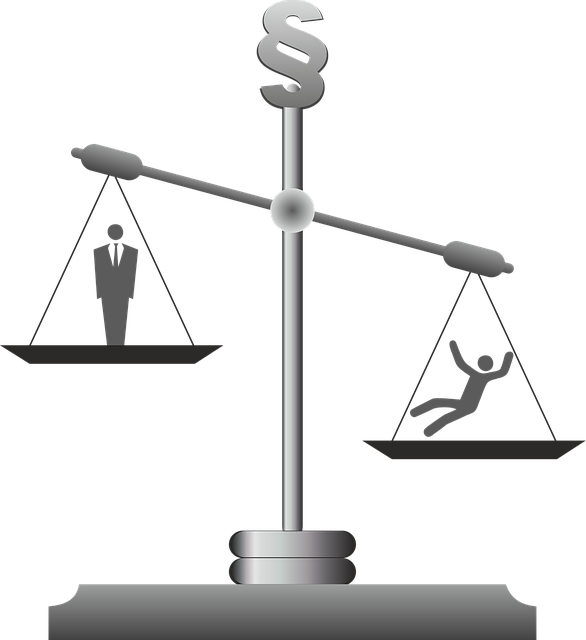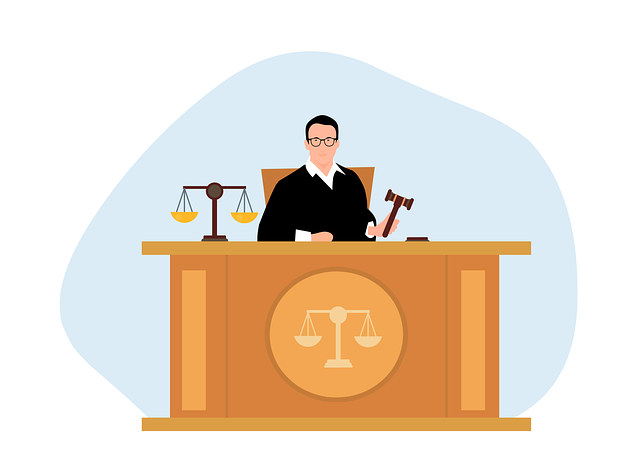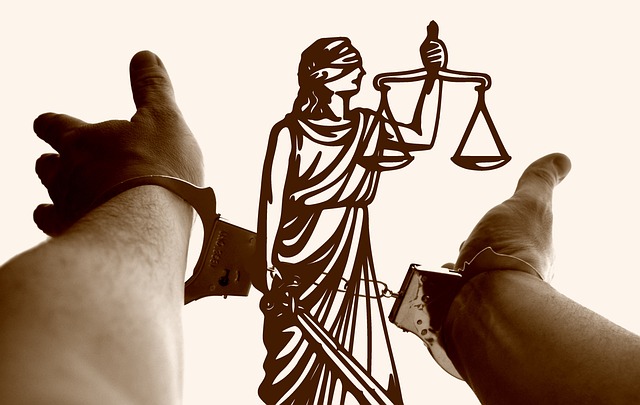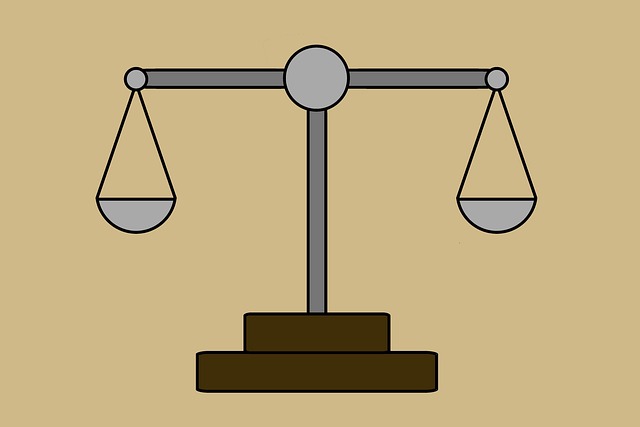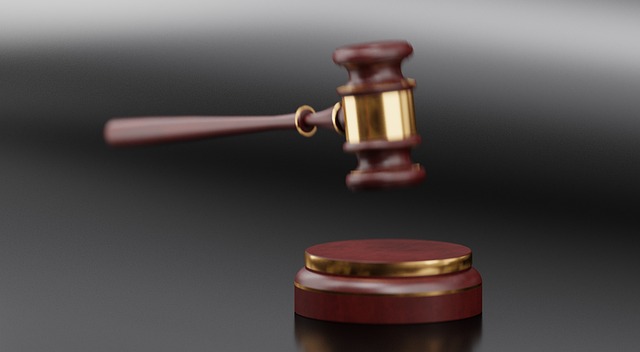Fraudulent financial practices pose significant risks, making it crucial to recognize signs like unusual transactions and discrepancies. Businesses should adopt prevention strategies including thorough financial statement reviews and internal controls. Understanding how to file an appeal in a criminal case is vital for justice, especially in white-collar crimes, ensuring accountability and protecting the business community by documenting evidence and adhering to legal procedures governed by state laws.
“In the intricate web of financial transactions, fraudulent practices can leave devastating consequences. This comprehensive guide delves into the critical aspects of navigating a criminal case with fraudulent financial elements. Understanding how to recognize and document signs of financial fraud is pivotal for any appeal process.
Learn the steps to file an appeal effectively, exploring legal procedures and evidence collection techniques. Armed with knowledge, victims can actively participate in the justice system, ensuring accountability and recovery.”
- Understanding Fraudulent Financial Practices
- Recognizing Signs of Financial Fraud
- Documenting Evidence for Appeal
- Navigating Legal Procedures for Appeal
Understanding Fraudulent Financial Practices

Fraudulent financial practices refer to a range of illegal activities aimed at deceiving individuals or entities for monetary gain. These practices can take various forms, from investment scams and fake accounting to embezzlement and insurance fraud. Understanding these schemes is crucial in order to protect oneself and one’s assets. Whether it’s a corporate entity engaging in securities fraud or an individual posing as a legitimate business partner, fraudulent financial practices often leave a trail of devastated investors and businesses in their wake.
For those who have fallen victim to such schemes or know someone who has, understanding the legal avenues for recourse is essential. One such avenue is filing an appeal in a criminal case related to fraud. This process involves gathering compelling evidence, consulting with experienced legal counsel specializing in financial crimes, and presenting a robust challenging defense. A successful appeal can lead to winning challenging defense verdicts, ensuring justice not only for corporate and individual clients but also for the broader business community.
Recognizing Signs of Financial Fraud

Recognizing signs of financial fraud is a crucial step in protecting your respective business from significant losses. While fraudulent practices can vary widely, some common indicators include unusual transactions, unexpected changes in accounting records, or discrepancies between reported income and actual financial performance. It’s essential to remain vigilant and pay close attention to any unfamiliar activities within the organization. Achieving extraordinary results in fraud prevention often begins with a thorough review of financial statements, regular employee monitoring, and implementing robust internal controls.
If you suspect fraudulent financial practices, understanding how to file an appeal in a criminal case can be vital. By documenting all evidence carefully and consulting legal experts, businesses can navigate the complexities of reporting such incidents. Effective communication with regulatory bodies and law enforcement agencies during all stages of the investigative and enforcement process ensures that justice is served and responsible parties are held accountable.
Documenting Evidence for Appeal

When facing a criminal charge, understanding how to file an appeal is crucial for navigating the legal system. The first step in this process involves gathering and documenting evidence that supports your case. This includes all stages of the investigative and enforcement process, where discrepancies or errors may have occurred. By meticulously compiling these records, you build a strong foundation for your appeal.
Evidence can take various forms, from witness statements to forensic reports. It’s essential to ensure that this documentation is accurate and authentic, reflecting an unprecedented track record of due diligence. This meticulous approach will not only strengthen your appeal but also demonstrate your commitment to seeking justice within the legal framework.
Navigating Legal Procedures for Appeal

Navigating Legal Procedures for Appeal in Criminal Cases
When a verdict is reached in a criminal case, both the defendant and prosecution have the right to appeal the decision if they believe it was unjust or flawed. The process of appealing a criminal conviction involves understanding specific legal procedures. Defendants must file an appeal within a specified timeframe, usually set by state laws, which varies across the country. This initial step is crucial as it triggers the respective business of the appellate court to review the case.
The appeal process often begins with filing a notice of appeal with the trial court, detailing the reasons for the appeal and the specific legal errors alleged. After this submission, the court will issue a mandate, formally ordering the transfer of the case files to the appellate court. In cases involving white-collar and economic crimes, understanding these procedures is essential as they can significantly impact the outcome. The appellate court then conducts a thorough review, examining the evidence, legal arguments, and procedural aspects, to determine if any reversible errors occurred during the original trial.
Fraudulent financial practices can have severe consequences, especially in criminal cases. Understanding the signs and navigating legal procedures are crucial steps in how to file an appeal. By recognizing suspicious activities and gathering thorough evidence, individuals can ensure a fair review. This process demands meticulous documentation and knowledge of legal channels, enabling those wrongfully accused to seek justice and rectify fraudulent financial practices.
